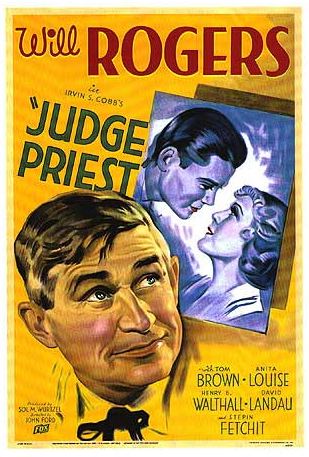
In the present age of extreme political and cultural polarization, it can
be hard to read John Ford. He worked in an era when it was
possible to revere military culture with an almost religious fervor and
hate political war-mongering at the same time, when it was possible to
traffic in racial and ethnic stereotypes and subvert them at the same
time, when it was possible to worship the family and family values and
see the oppressive role of families at the same time, when it was
possible to be at once a social conservative and a political
progressive, a deeply religious artist and a man with a profound
suspicion of organized religion.
In our own either/or age, Ford’s complexities can be confusing, with
what seem to be conflicting cultural signals. This is due partly
to Ford’s rhetorical strategies, in which the obvious pieties of his
stories could be completely undercut by their emotional undercurrents
— and it’s due partly to Ford’s comprehensive sympathies, essential for a great dramatist, which wouldn’t allow him to judge anyone based on an ideological position or
professed beliefs.
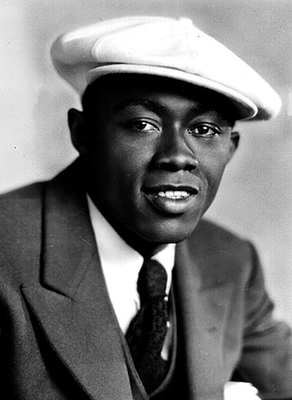
Many people are distressed by the presence of Stepin Fetchit (above) in several
of Ford’s films. Fetchit specialized in impersonating what was on one level a most objectionable stereotype of the slow-moving, slow-witted African American. But
he was usually, in Ford’s films, far wiser and cannier than his image
suggested, in itself an interesting comment on the stereotype, with its
inescapable implication that it might be no more than a mask.
(Fetchit was also a brilliant physical comedian and Ford showcased his
art with great care — which has to count for something.)
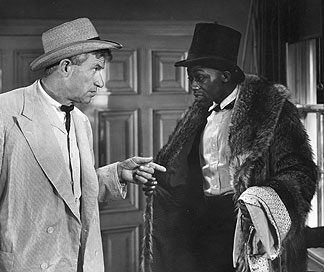
Even more remarkable, in a film like Judge Priest (above), starring Will Rogers in the title role, is the way the Rogers character subverts the stereotype — by treating Fetchit as a
peer, with total respect. You search in vain in Rogers’ performance for
the slightest hint of paternalism or condescension — it’s simply not
there. Since Fetchit-like characters were used in large part to justify
paternalism and condescension, Ford is subverting the phenomenon at its
root.
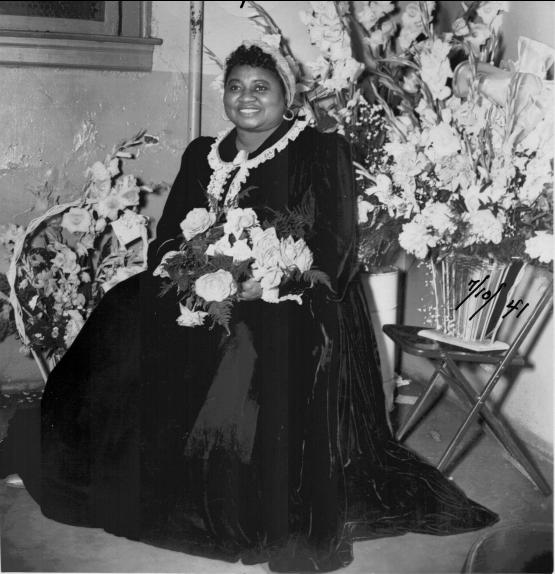
The same phenomenon is at work in another scene from Judge Priest
when Hattie McDaniel (above), a “mammy” stereotype, starts singing a silly
song about the judge to a Gospel-sounding tune. The judge chimes in
with heartfelt responses of “Oh, Lord! Oh, Lord!”, in full,
joyful voice, again without a trace of irony. He likes the way he
and she sound singing together — he treats her “quaint” musical idiom
as a serious medium of communication, and also as a medium they share
and rejoice in equally.
For the judge, the character we most identify with, to see through the
most extreme stereotype to a real person behind the facade, is radical.
It’s like the way Priscilla sees past the racial stereotypes and
imperialist assumptions in Wee Willie Winkie, the remarkable collaboration between Ford and Shirley Temple.
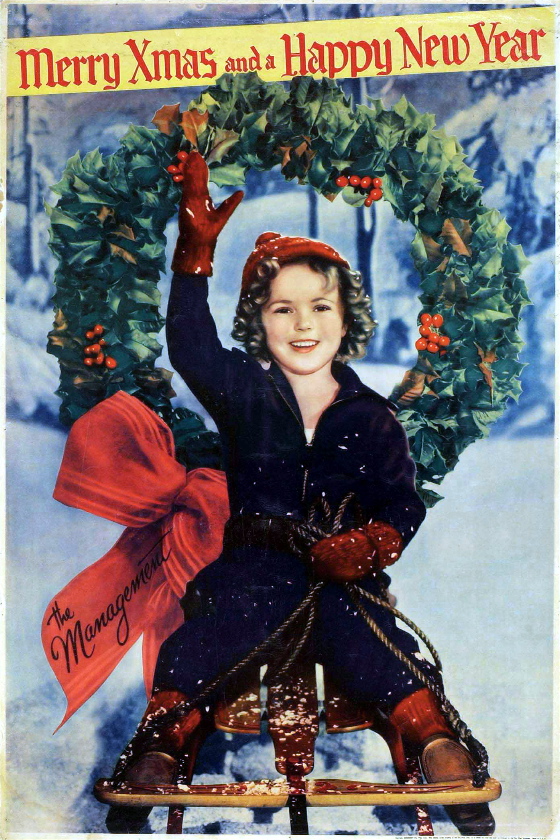
In a superficial reading of that film one might see it as a celebration of the
British Empire and its mission — unless one remembered that Ford was an
Irishman, with a built-in grudge against the British Empire. When Khan
laughs hysterically at the idea that Queen Victoria wants to help his
people, he’s probably expressing Ford’s truest feelings on the subject.
Ford was both a subtle artist a wily old son-of-a-bitch — taking anything he does too much
at face value is always dangerous. It risks missing the deepest meanings of his films.
